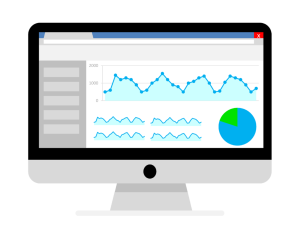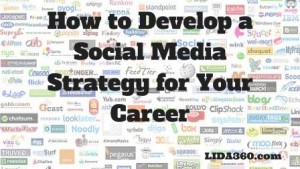Why SEO Isn’t Enough
It is now increasingly important to combine a mixture of paid and organic search into campaigns, including deep-click navigation.
It’s not in Google’s interest financially to focus on building out organic search, although the company does support SEO through the ability to search for airline flights, hotels, restaurants and other locations on its search engine. Now you see playable podcasts.
There are times, however, when Google sends free traffic to websites, but this is becoming less frequent.
“We never thought it was our God-given right to get traffic from a search engine,” said Marty Weintraub, founder of digital agency Aimclear. “And we’ve always known in every channel the amount of things we can get for free will diminish.”
SEO “sucks” and marketers can no longer rely just on organic search, according to Weintraub. The last 18 years have been an anomaly. Twenty years ago, if a brand couldn’t afford to pay for a newspaper or a radio ad, the media company didn’t give the company time to publish a public service announcement.
SEO allowed companies to go through a period where they received free listings on search engines like Google and Bing. Sending people to a brand’s website is like getting a free television or radio commercial or newspaper ad or billboard at the baseball park in 1984, he said.
And while it renders some websites irrelevant, it forces companies to do a better job of building content. Companies are not entitled to earn free traffic.
Weintraub said it has been about five years since Google began surfacing more information in search results that do not require the person searching to click on a link other than one that leads to an Alphabet property such as YouTube. The first choice, he says, is to fulfill the query. The second choice is to send it to a specific place on a company’s website.
Several years ago, Aimclear search experts began treating Google sitelinks in paid ads as a navigational tool to websites. If the agency is marketing a travel engine like cheaptickets.com for inexpensive trips to Europe, for example, then the sitelink will drive people to the site, pulling up the least expensive trips to Europe based on the searcher’s location.
“We’ve been cheering for Google to diminish clicks to websites because it favors the agency that knows how to treat pay-per-click ads as if it’s the navigation bar on the website,” he said, adding that it keeps the “riff-raff” out of search. It also costs less to buy pay-per-click sitelink text ads.
Weintraub said it was “crazy” to think organic clicks to websites would last. The sitelinks send searchers deep into the company’s website, which helps drive searches to brands.
Psychographic, paid, organic, search, social, retargeting and programmatic are all media types that go into a well-rounded campaign.
Google is trying to force marketers to buy more ads. Weintraub said this is clear from the 94% number that Rand Fishkin, CEO at SparkToro, cites in his recent report on Google search and Alphabet properties. He says 94% of all searches occur on google.com or other Alphabet properties.
(37)
Report Post





